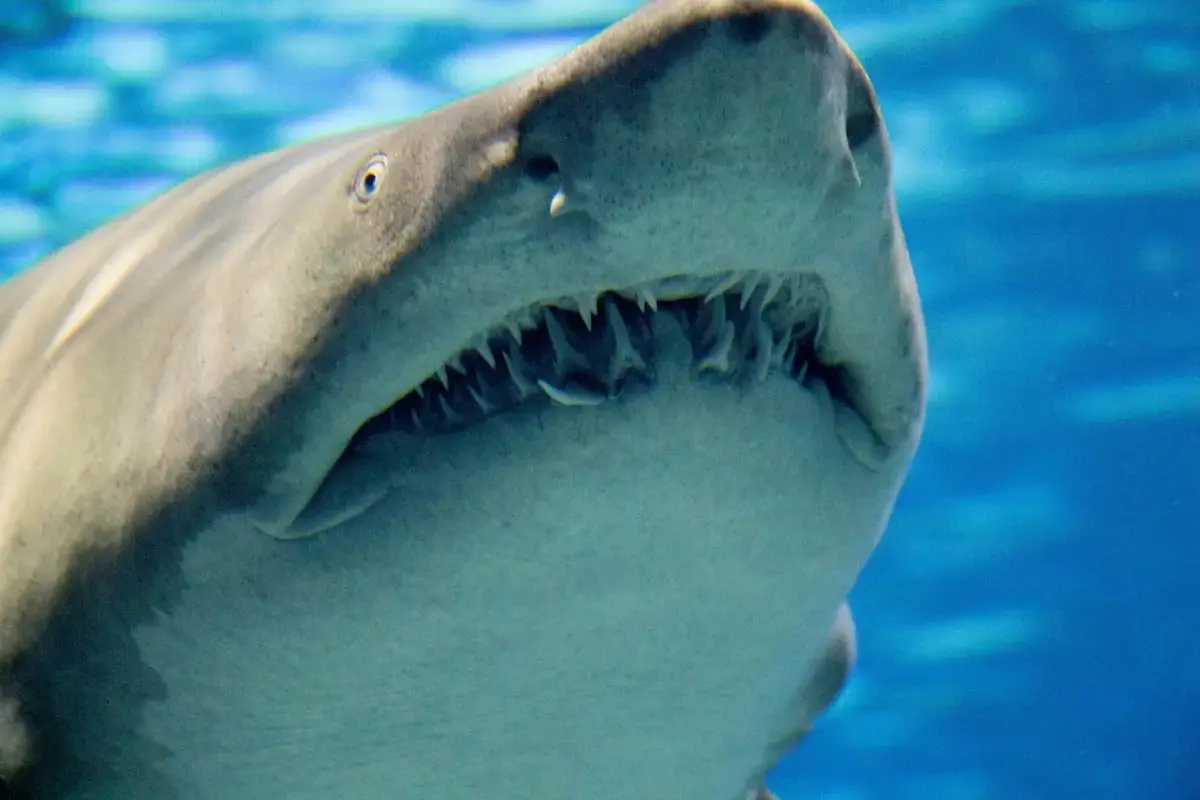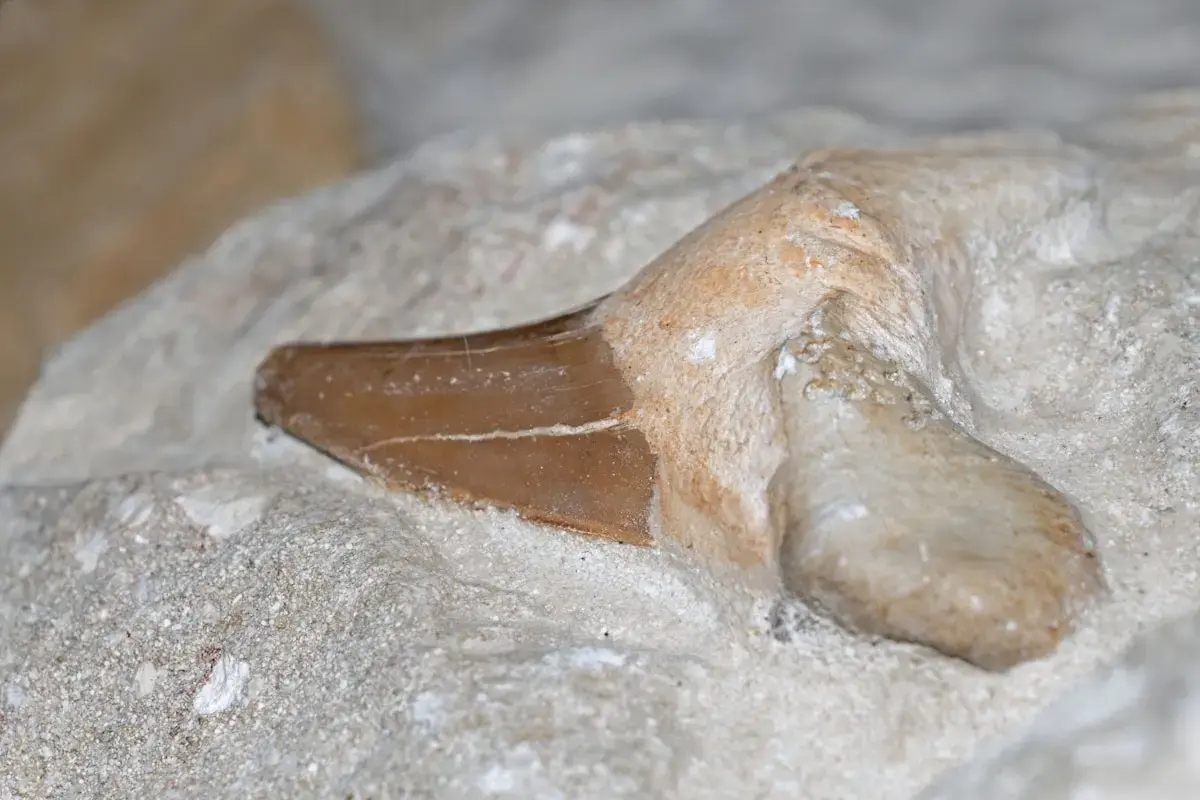 Due to climate change, the are becoming increasingly acidic. This, in turn, is causing shark teeth to deteriorate at an alarming rate.
Due to climate change, the are becoming increasingly acidic. This, in turn, is causing shark teeth to deteriorate at an alarming rate.
This alarming finding comes from researchers at Heinrich Heine University Düsseldorf (HHU). Sharks, as apex predators, rely heavily on their teeth as essential tools. However, is weakening them and causing rapid decay.
“This high-tech weapon is designed for slicing flesh, not for withstanding ocean acid. Our results show just how vulnerable even nature’s sharpest tools can be,” noted study leader Maximilian Baum.
According to him, while sharks continuously shed and replace their teeth, the deteriorating state of our oceans will soon damage them faster than they can regenerate.
As climate change causes our oceans to absorb more carbon dioxide, they are becoming more acidic. Currently, the oceans have a slightly alkaline reaction with a pH of 8.1. However, by the year 2300, this level could drop to 7.3.
As part of a student project, the results of which were published in the journal Frontiers, Baum’s team aimed to investigate how this change could impact marine life.
What Did the Study Reveal?
Since animals regularly shed , the team easily collected hundreds of blacktip reef shark teeth from aquariums where these creatures were kept.

During the experiment, biologists placed about 50 intact and undamaged teeth in containers filled with water at varying pH levels and left them there for eight weeks.
An examination at the end of the experiment revealed that teeth in more acidic water were significantly more damaged, as reported by Science Focus.
“We observed visible surface damage, such as cracks and holes, increased root corrosion, and structural degradation,” said Professor Sebastian Fraune, head of the HHU Zoology Institute.
The acidic water also made the surfaces of the teeth rough and uneven. While this may have contributed to the shark’s cutting abilities, the structural integrity of the teeth was compromised. They were on the brink of destruction.
According to Maximilian Baum, maintaining the ocean’s pH at a level close to the current average of 8.1 “could be crucial for the physical integrity of predator tools.”
Thus, scientists have gathered further evidence that the detrimental effects of climate change are spreading across all food chains and ecosystems.
Photo: Unsplash

